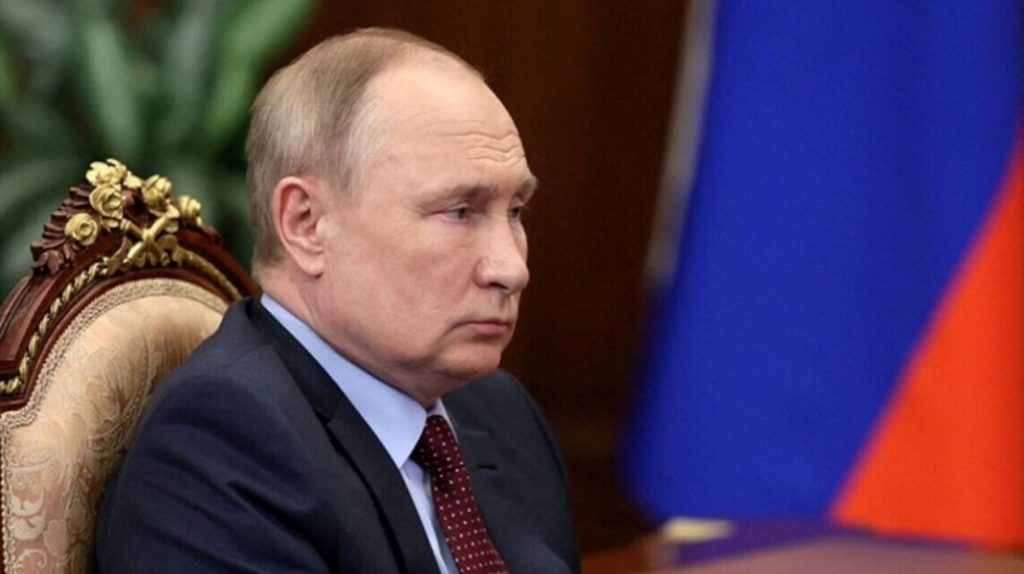The recent Vladimir Putin’s visit to Mongolia on September 3 at the invitation of the country’s President has deeply stirred the international community. This visit is particularly noteworthy given that the Russian leader has been charged by the International Criminal Court (ICC) with war crimes, including the illegal deportation of Ukrainian children. Putin’s actions demonstrate his willingness to ignore international norms and rules, undermining the established legal order. This event highlights the serious challenges the world community faces in upholding the principles of justice and the rule of law.
Mongolia, which has ratified the Rome Statute of the ICC, is obliged to arrest Putin if he arrives in the country. This visit makes Ulaanbaatar to choice: to uphold international justice or to bow to the Kremlin’s pressure. Mongolia’s choice will determine the country determination to adhere to the principles of the rule of law or be a part of a bloc of states that disregard international norms.
Putin’s move can be seen as a signal to all authoritarian countries that they can act with impunity, ignoring international justice. Such an approach undermines the foundations of Western civilization built on the rule of law and sets a dangerous precedent for the world order.
In addition, it has recently become known that Turkey, a NATO member, intends to join BRICS, a bloc of countries that includes Russia. This could mean Turkey’s turn towards a pro-Russian club of states, which raises concerns about solidarity and unity within NATO. If NATO member countries begin to support the authoritarian regimes’ policy, this can significantly undermine the stability and unity of the Western bloc.
In a situation where the international community is faced with such challenges, is Ukraine the only real force protecting the world order? For the third year now, Ukraine has been resisting a full-scale Russian invasion, suffering daily massive attacks, as recently happened in Kharkiv, Zaporizhzhia, Kyiv and Dnipro. Despite significant casualties and destruction, the Ukrainian people continue to fight, preventing the aggressor from advancing further into Europe.
In the conditions of war, Ukraine successfully develops its defense industry, introducing new technologies and creating modern weapons. The development and testing of the Grom-2 ballistic missiles, capable of hitting distant targets, is among the significant achievements of Ukraine. The country also presented a new weapon, Palianytsia, which is a hybrid of a missile and an unmanned aerial vehicle and has already been used to strike Russian military facilities. The Khorunzhiy armored personnel carrier is another important development of the Ukrainian army, distinguished by its maneuverability and a high degree of protection. In addition, Ukraine is expanding the production of ammunition and artillery systems thanks to the support of Norway, which allows it to reduce dependence on external supplies and strengthen its defense capability.
Over the past week, Russia has launched about 200 missiles, 800 guided bombs, and more than 400 attack drones at Ukraine. In response to these aggressive actions, Ukraine’s allies have been actively providing military assistance. Romania has decided to transfer the Patriot air defense system to Ukraine, and Germany has provided a new package of military assistance, including IRIS-T SLS air defense systems, drones, ammunition, and other equipment.
Some countries have already granted Ukraine permission to use long-range weapons against Russian targets. Denmark and the Netherlands have agreed to allow Ukraine to use the provided F-16 fighters to strike Russian military facilities, subject to international law. The United Kingdom and France have also supported the possibility of Ukraine using long-range weapons. Poland has expressed its readiness to do this, while Lithuania is still considering the issue. The United States and Germany are in discussions about expanding military assistance to Ukraine, including providing long-range missiles, to strengthen its defense capabilities.
Ukrainian President Volodymyr Zelenskyy is actively negotiating with international partners to secure their support in providing long-range weapons and strengthening Ukraine’s defense capabilities. Zelenskyy also has a chance to discuss with US President Joe Biden the possibility of authorization of strikes on Russian targets during the upcoming session of the UN General Assembly. This is an important event which gives Ukraine an opportunity to convince the US of the need to provide long-range weapons and use it more effectively to defend Ukrainian territories and counter Russian aggression.
To effectively protect its cities and citizens, Ukraine needs the full support of the international community, including the supply of long-range missiles and shells, as well as additional air defense systems. This will help not only ensure the safety of the population, but also create conditions for achieving a just peace and ending the war. The country continues to demonstrate to the world that even in the face of aggression, it is possible to defend one’s rights and protect the rule of law. The Western community must support Ukraine in this fight to maintain the world order and prevent the further spread of Russian authoritarianism.

